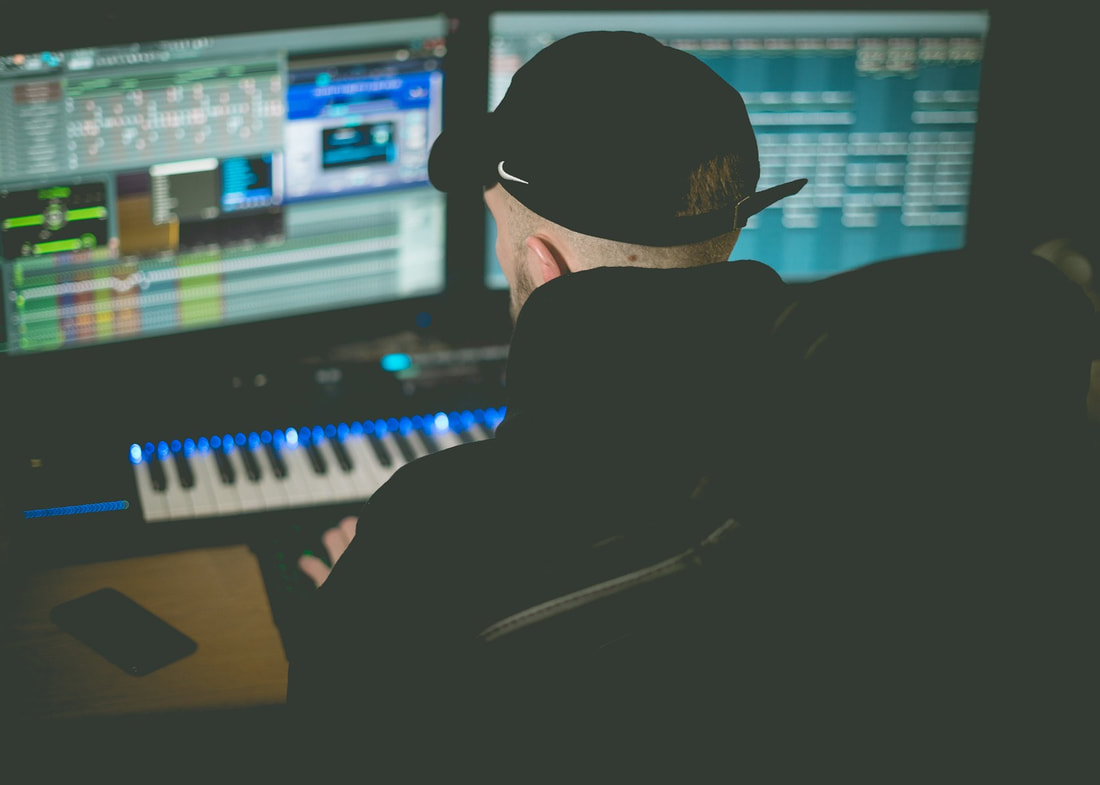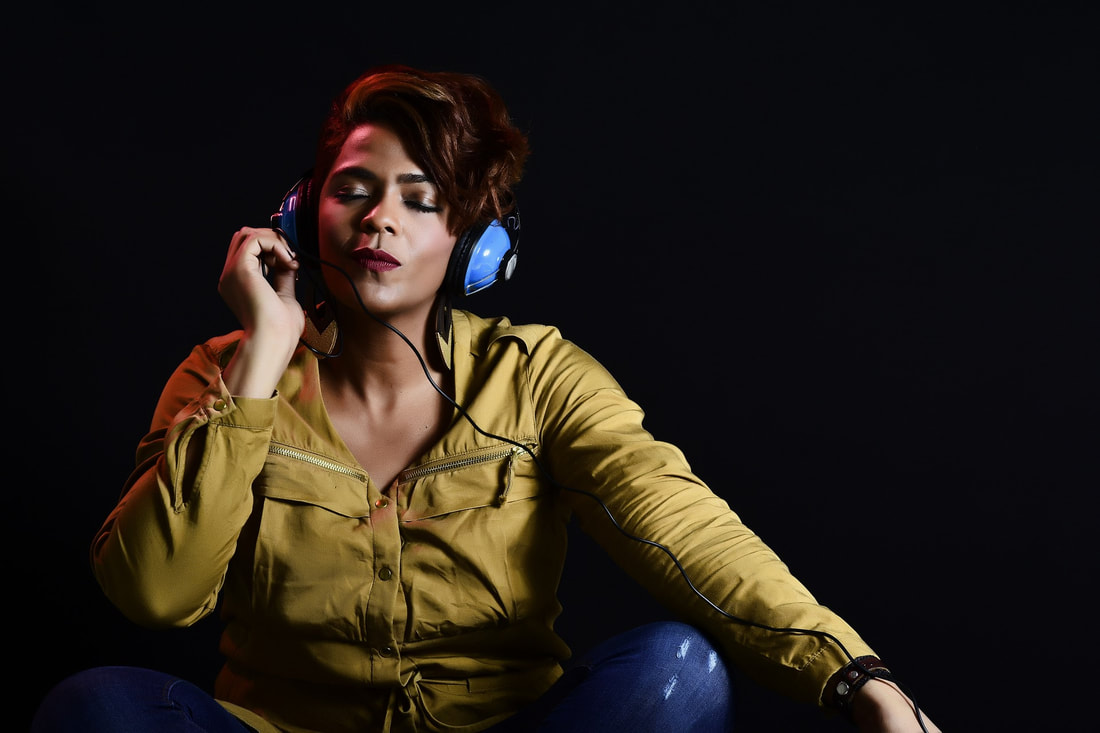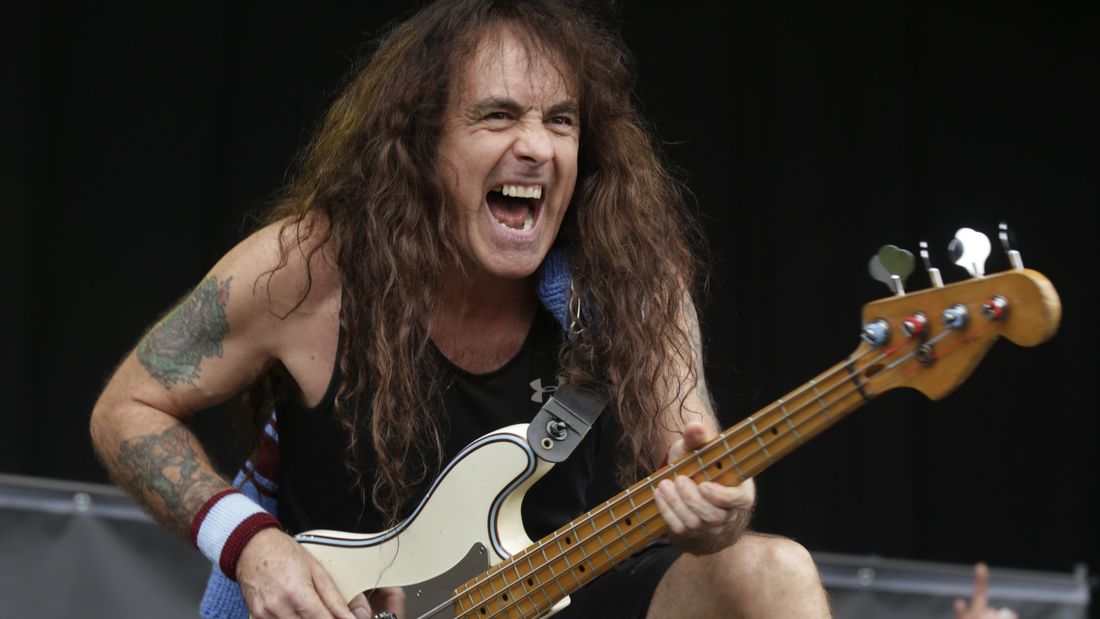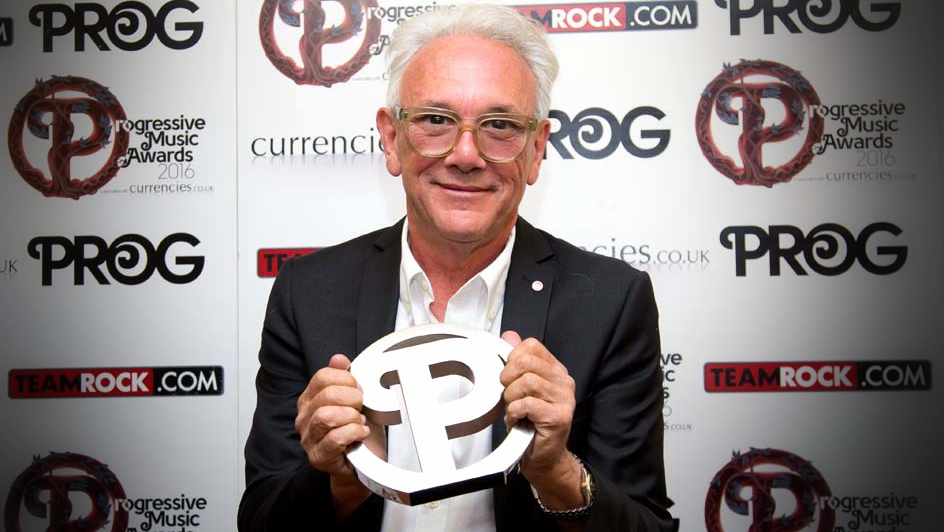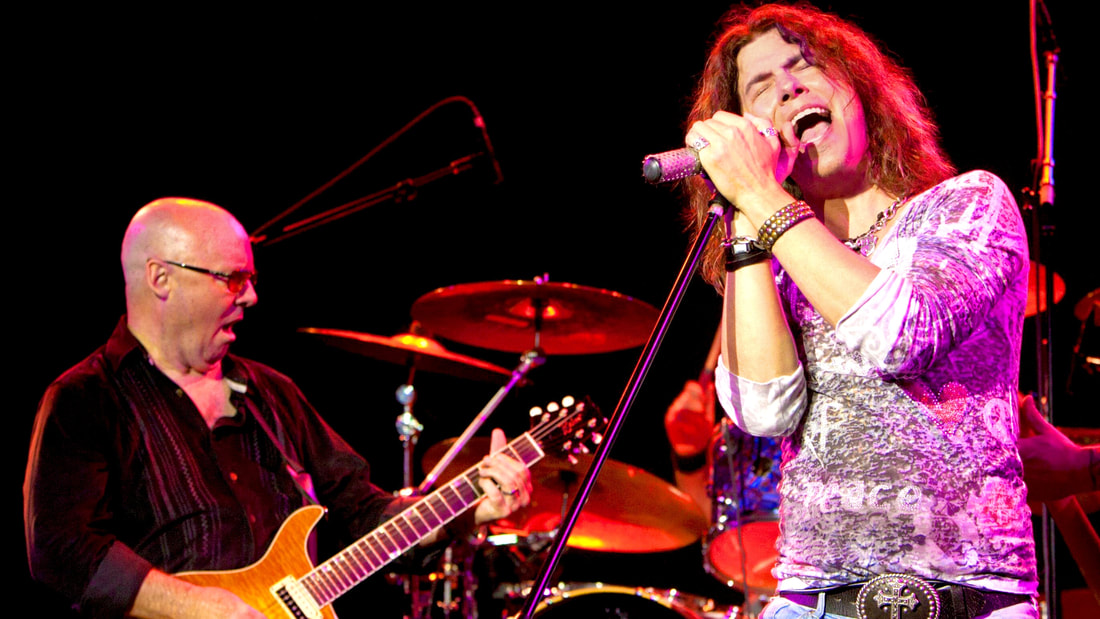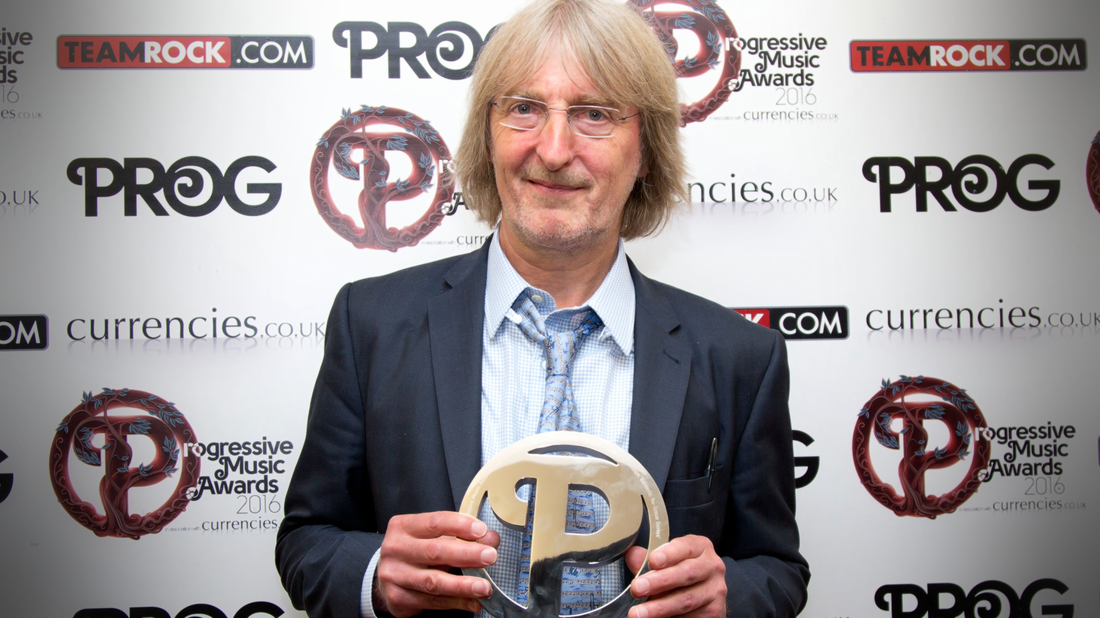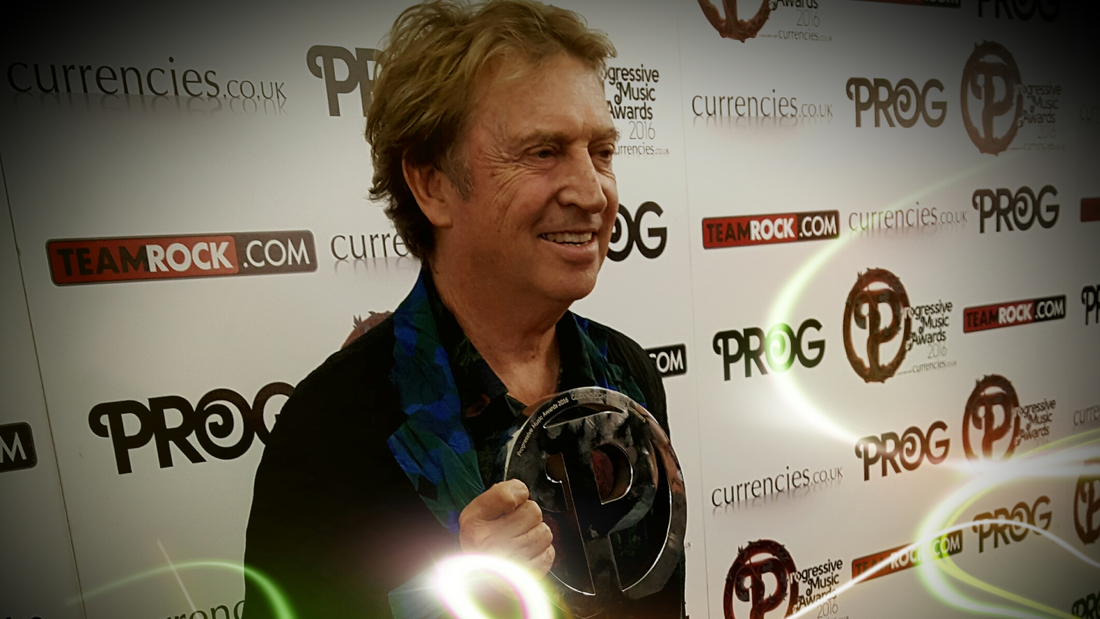AI can generate melodies, harmonies, and rhythms, providing a powerful tool for composers. By learning from vast databases of music, AI can offer intriguing, novel musical ideas that can inspire musicians. From creating royalty free background music to helping artists overcome creative blocks, AI is proving itself as a valuable tool for music professionals. For instance, Amper Music is an AI-powered platform that allows users to create original soundtracks for their videos or games in minutes. And the best part? No prior musical knowledge is required! Similarly, AIVA (Artificial Intelligence Virtual Artist) uses deep learning algorithms to compose symphonies in the style of classical masters like Mozart, Chopin, and Beethoven. This technology not only offers new possibilities for musical creation but also raises exciting questions about authorship and creativity.
Automated Mixing and Mastering
AI is capable of analyzing the acoustic characteristics of a song and applying optimal mixing and mastering techniques, streamlining the production process. Landr, an AI-based software, promises to revolutionize the way music is mixed and mastered. By analyzing a song's instrumentation, genre, and audio quality, it can create a polished final product in just minutes. This technology is not only more efficient but also democratizes access to high-quality mixing and mastering services that were previously only available to well-funded artists. Furthermore, AI can also assist in live performances by automating sound checks and adjusting audio levels, ensuring consistent quality. In fact, during the 2018 Grammy Awards, Intel and Dell showcased their AI-powered technology that facilitated real-time audio mixing for a live performance by Imagine Dragons and rapper Logic.
Personalized Music Experience
These algorithms can curate personalized playlists based on the listener's preferences and habits, enhancing the listener's experience. For instance, Spotify's Discover Weekly feature suggests songs based on the user's listening history and preferences. This allows for a more tailored listening experience, introducing listeners to new artists and genres they may not have discovered otherwise. Additionally, AI is also being utilized in live concerts, creating real-time visuals that correspond with the music being played. Furthermore, AI-powered chatbots are being developed to provide personalized recommendations and interact with fans on social media, further enhancing the connection between artists and their audiences. When combined with virtual and augmented reality, AI can create immersive and interactive concerts, pushing the boundaries of live music experiences.
AI-powered applications can customize music to impact moods and emotions, opening up new avenues in music therapy. Studies have shown that AI-generated music can reduce stress, anxiety, and pain levels in patients. One study found that individuals who listened to AI-generated music experienced a 65% reduction in their anxiety levels compared to those who listened to pre-recorded music. This technology has the potential to revolutionize the field of music therapy by providing personalized treatment options for individuals with different needs and preferences. For instance, AI-generated music can be tailored to help individuals with specific conditions like dementia or autism. Furthermore, AI can also assist in creating personalized playlists for individuals, helping them cope with mental health issues and improve overall well-being.
Music Education
It offers adaptive learning environments for music students, tailoring lessons to individual pace and proficiency levels. The AI-powered platform, MusiQuest, uses machine learning algorithms to create personalized music lessons for students. It allows for more efficient and engaging learning experiences by adapting to the individual's progress and interests. This technology also has the potential to expand access to music education, making it more affordable and accessible for individuals of all ages and backgrounds. Furthermore, AI can also assist music teachers by providing feedback and suggestions for students' performance, freeing up time for more personalized instruction.
In conclusion, AI is a catalyst for musical innovation, providing new tools and approaches that push the boundaries of what is possible in music creation, production, and consumption. As AI continues to advance and permeate the music industry, it will be exciting to see how it transforms the landscape of music and opens up new frontiers for artists, listeners, and educators alike. The possibilities are endless as we navigate this ever-evolving relationship between music and artificial intelligence. No matter what the future holds, one thing is for sure - AI will continue to revolutionize the way we experience and create music.

